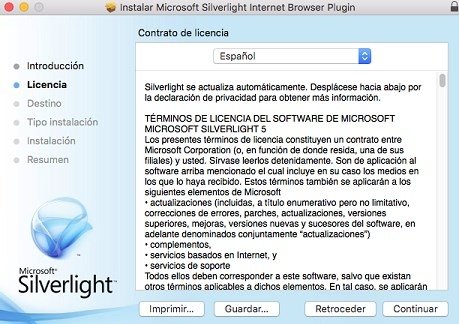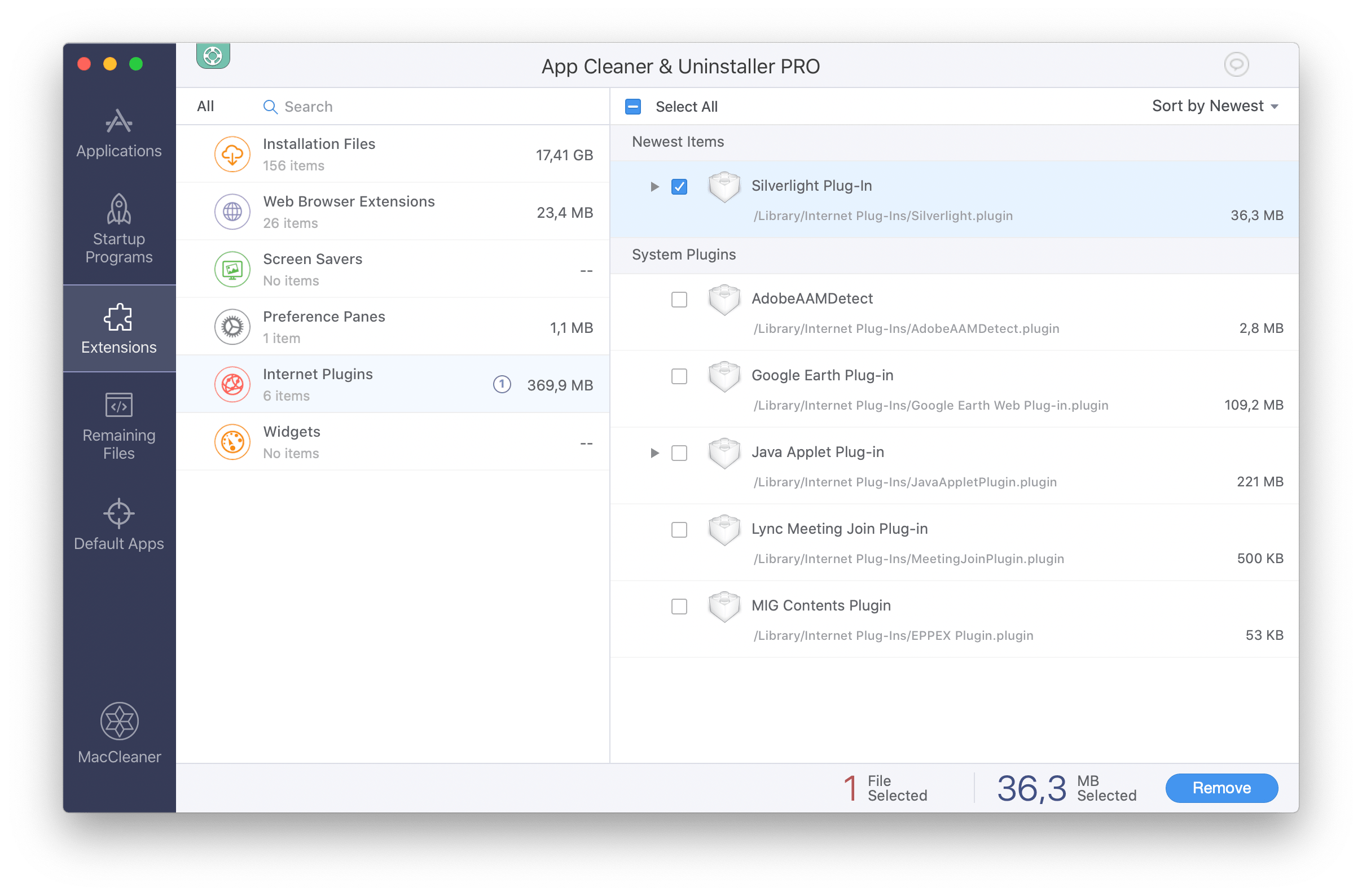

Ĭritics argued that Roma had an unfair advantage, singling out the service's wide availability, refusal to report box office numbers, disrespect of the industry's standard release windows with only three weeks of exclusive theatrical play (although it is not uncommon for some nominees to only receive the week-long minimum run), and excessive marketing spend (with reports ranging between $25 and $50 million, although its Oscars marketing was rolled into Netflix's overall marketing budget, which should not be). Following the 91st Academy Awards (where Roma became the first film distributed by a streaming service to be nominated for Best Picture, and won Best Foreign Language Film and two other awards), a spokesperson for Spielberg's studio Amblin Partners stated that he "feels strongly about the difference between the streaming and theatrical situation", and would address the issue at the Academy's next board of governors meeting in April 2019. Spielberg complained that films "that are just given token qualifications in a couple of theaters for less than a week" shouldn't qualify. The eligibility criteria do allow for simultaneous releases on non-theatrical platforms. The Academy's official rules only require that a film be screened theatrically in the city of Los Angeles for seven days, with at least three public showings per-day, to be eligible for an Oscar nomination. While Netflix had previously given its theatrical acquisitions a simultaneous release in theaters and streaming, Roma was the first under a new policy to provide at least a three-week theatrical run before streaming release. Steven Spielberg, Governor of the directive branch of the Academy of Motion Picture Arts and Sciences (AMPAS), has questioned whether Netflix's feature films should be eligible for Academy Award nominations since films are released simultaneously in cinemas and via video on demand, in defiance of the standard three-month release window. and owned by Corinth, was being licensed by Cinedigm to Netflix without permission. Corinth alleged that the specific version of the film, registered by Richard Feiner & Co. In 2015, Netflix and Cinedigm were sued by Corinth Films over its streaming of the 1948 Italian film Bicycle Thieves although the film itself was considered public domain in the United States, distinct subtitling or dubbing of the film can still be considered a separate and copyrightable work. Showing copyrighted subtitles of Bicycle Thieves Robison also noted that they had deliberately limited the rollout of the feature due to "creator concerns", and that such functions had already been available on DVD players. Netflix vice president Keela Robison stated that the feature "generated a fair amount of feedback – both for and against", and noted use cases for slowing down playback, such as helping viewers locate details in scenes, or making it easier to understand dialogue in foreign languages if they are still learning the language.

The feature was criticized by various members of the film industry, who argued that it harmed the artistic integrity of their work.

#SILVERLIGHT FOR MAC FOR NETFLIX ANDROID#
The feature was deployed to selected users of the service's Android app. In October 2019, Netflix began to experiment with allowing users to change the speed at which content is being played, ranging from half the original speed, to up to one-and-a-half times faster the original speed. This article provides an overview of key criticisms the company has faced.Īrtistic concerns Film creator concern with allowing users to change playback speed Since its launch, the company has been subject to numerous criticisms, the basis of which range from its business practices and workplace culture to issues with the service it provides, including content issues, lack of close captioning and pricing. In 2007, the company began transitioning to its current subscription streaming model. Launched on August 29, 1997, it initially offered DVD rental and sale by mail but the sales were eliminated within a year to focus on the DVD rental business. is a United States–based subscription streaming service and production company.


 0 kommentar(er)
0 kommentar(er)
